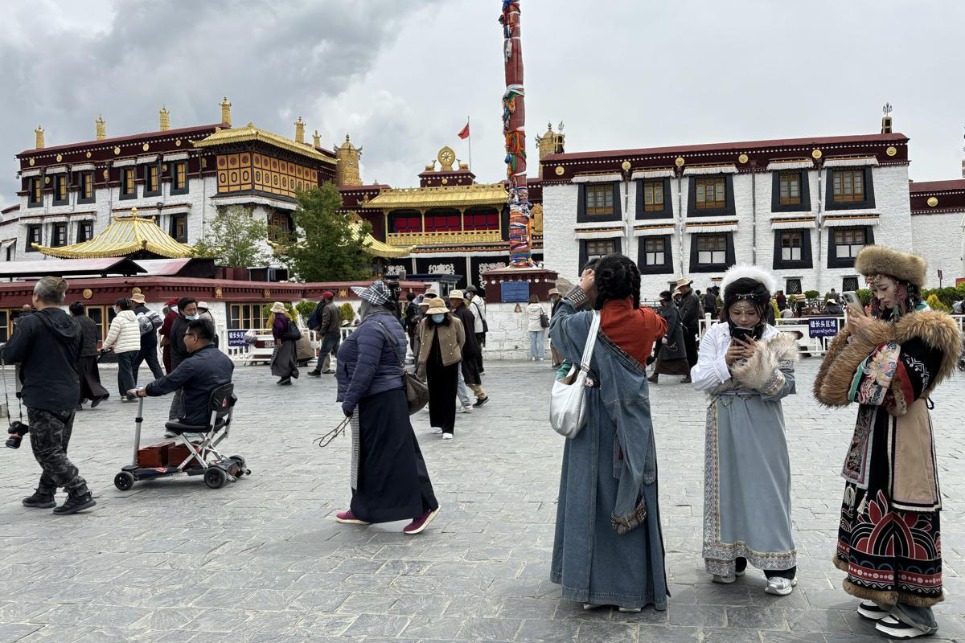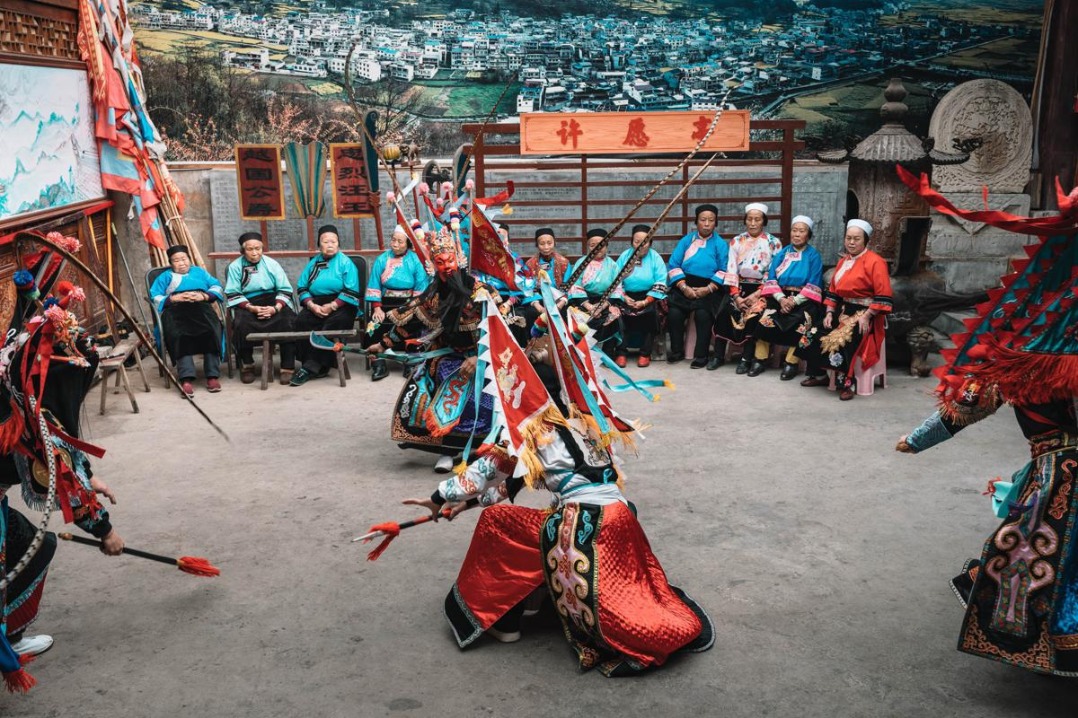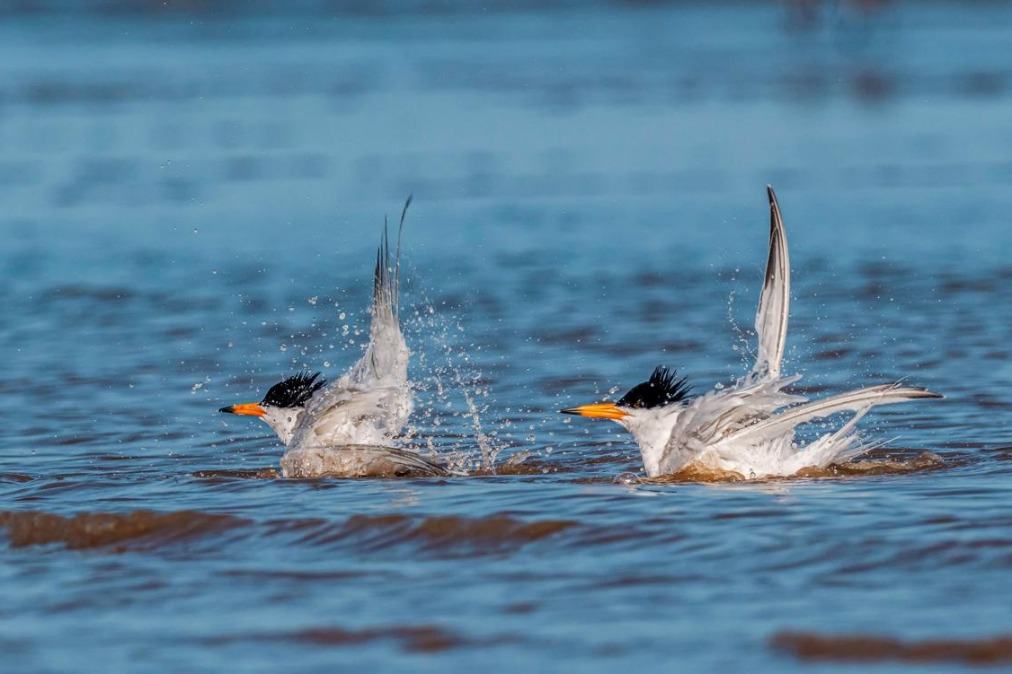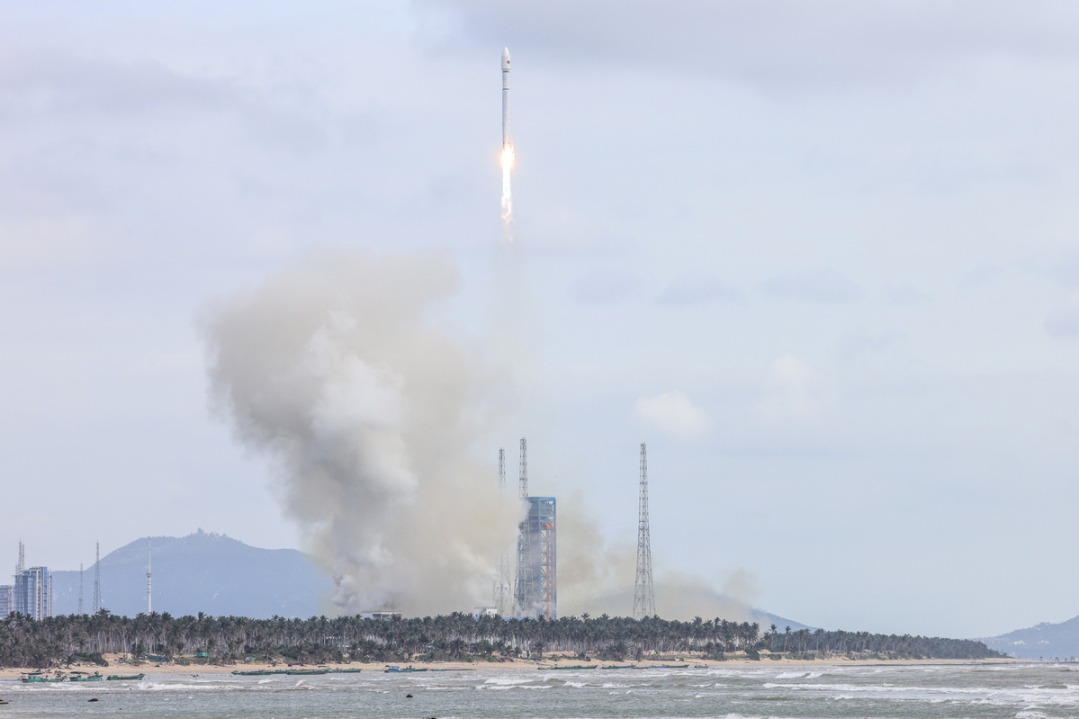Start science education early: Nobel scientist


Starting science education as early as possible and teaching school children not only scientific facts, but also critical ways of thinking, are crucial in improving scientific literacy, said Edvard Moser, a physiologist and neuroscientist from Norway.
"Success in science depends not only on learning a lot of facts, but also a critical way of thinking, where you always ask questions and look for alternative explanations," he said at the World Conference on Science Literacy, which opened Monday morning in Beijing.
Moser in 2014 won a Nobel Prize in Physiology and Medicine for discovering a type of brain cell that is important for determining position.
He said scientific literacy has become increasingly important for theworld because new technologies depend on the understanding of science, and a better community with better health services depends on researching medical sciences.
Moser believes that one of the best ways to improve scientific literacy is through early education, and it is also important to make sure more children of both genders and from different classes and regions of the world have equal opportunities, so that more can see the value of science and choose a future in science.

Moser said he was impressed by China's efforts in promoting science today, and he believes this is attributed to a more open policy, frequent international exchange, and increasing opportunities for young post-doctoral and PhD students who have gone abroad to return and set up research centers of their own.
"It is a pleasure to see the development that is taking place in China now. Many young Chinese go out to get their training and China enters collaborations all over the world, which means exchanging in both directions," he said.
Moser said he hopes to see more active programs to support more students who want to study abroad, and see more groups from the US, European countries and China perform more projects together.
The World Conference on Science Literacy, themed, "Science Literacy for a Shared and Better Future", is the first international conference sponsored by the China Association for Science and Technology, and aims to promote global public science literacy.
- 'Book of Songs' from Chinese imperial tomb proves oldest complete copy ever found
- Exhibition highlighting the 'Two Airlines Incident' opens in Tianjin
- Average life expectancy in Beijing rises to 83.93 years
- Energy drink overdose sends delivery worker to hospital
- GBA and Hainan deepening cooperation to boost innovation and sustainable growth
- Beijing mulls including the costs of embryo freezing and preservation in medical insurance





































